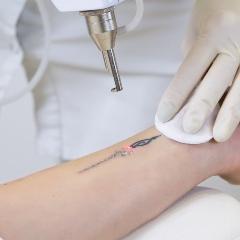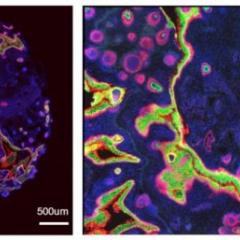The University of Queensland Diamantina Institute researchers have enjoyed deserved success following the recent announcement of NHMRC grant funding.
The University of Queensland won a total of 90 grants, totalling $51million - a strong contingent in the $652million pool of health and medical research grants. Ten of UQDI's researchers were successful with their submissions, further underlining the critical and translational areas of research performed by our scientists.
We congratulate our researchers who have received the following grants:
- Dr Ray Steptoe for his project, “A new and effective approach to reversal of allergic airways inflammation by turning off allergic responses” and “Interrupting the pathogenic immune response to reverse autoimmune diabetes”
- Dr Marcel Dinger and Associate Professor Brian Gabrielli for “Functional characterisation of the regulatory architecture of melanoma-associated loci”
- Dr Stephen Mattarollo for “Therapeutic vaccine against non-Hodgkin’s lymphoma targeting the immune adjuvant properties of Natural Killer T cells”
- Professor Peter Visscher for “CAGE: Consortium for the Architecture of Gene Expression” and “Exploiting SNP data in epidemiology and genetics through multivariate analysis of complex traits”
- Dr Antje Blumenthal for “R105 is a new innate immune receptor for Mycobacterium tuberculosis”
- Dr Liliana Endo-Munoz and Associate Professor Nick Saunders for “Characterisation of two novel markers of osteosarcoma metastasis as potential therapeutic targets”
- Dr Jian Yang for “Dissecting genetic variation for human complex diseases and traits”
The following joint grants were also received:
- Associate Professor Emma Duncan for “Determining the causes of congenital vertebral defects”
- Associate Professor Nick Saunders for “Innovations in Diabetic Foot Ulcer (DFU) Wound Care”
- Professor Peter Visscher for “Estimation and partitioning of the still-missing heritability for complex disease”
All researchers must fulfil rigorous grant applications which take months to complete. We congratulate all of our grant applicants and commend their tireless efforts and ambition towards their research projects.



